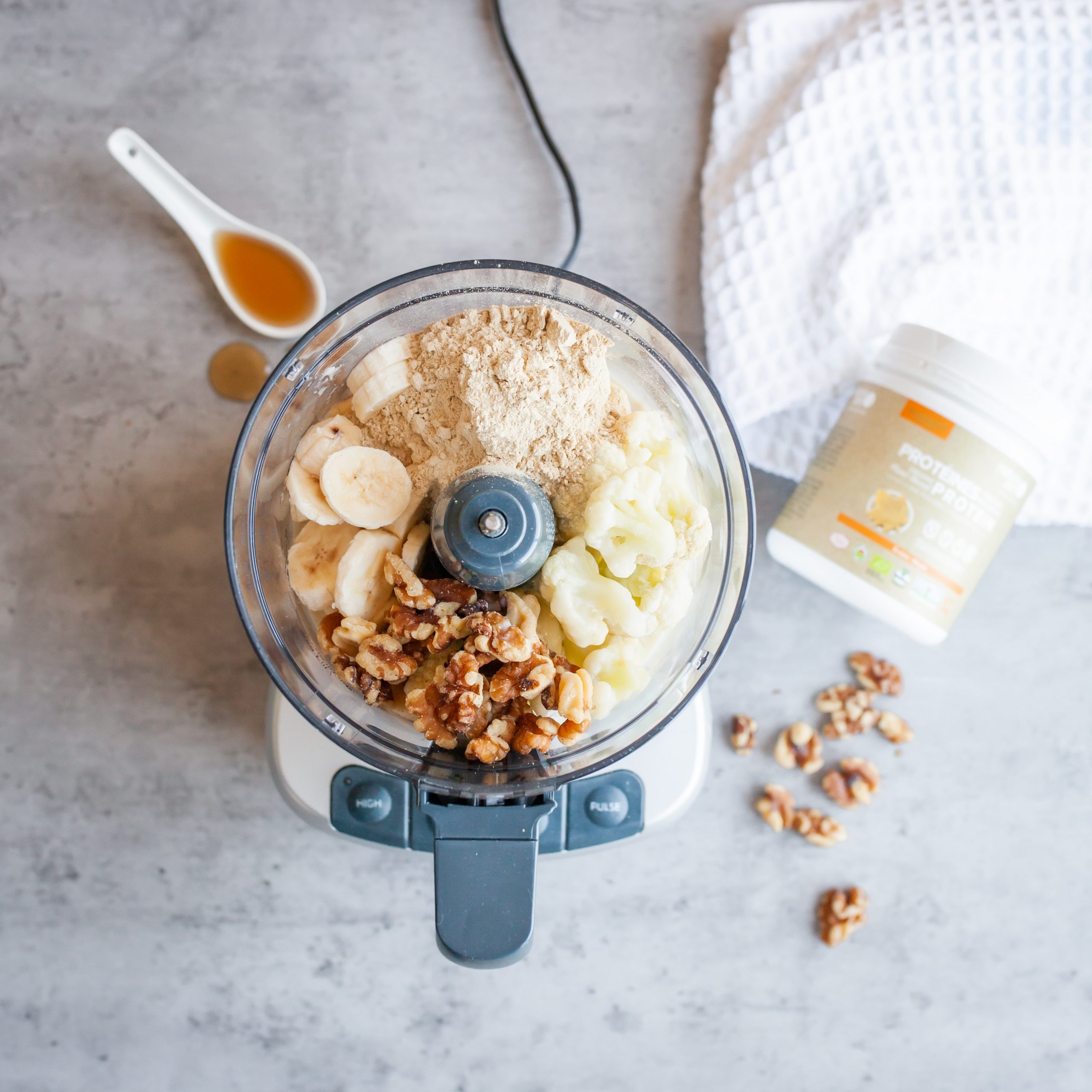Whether you prefer to frequent Tesco or TikTok, one food group is particularly inescapable on shelves and online recently: protein. Recipes foreground how many grams of protein they include, yoghurts bear high-protein labels, and many influencers’ “everything I eat in a day” videos now bear the subtitle “(high-protein)”. The global market for protein supplements is currently valued at nearly €20 billion and growing fast. However, most adults actually eat more protein than they need for a balanced diet. In fact, according to the British Heart Foundation, adults in the UK eat nearly double the suggested amount of protein daily. Though there seems to be no indication that over-consuming protein in this manner is overtly physically dangerous, it may be demonstrative of a collectively unhealthy attitude towards food.
“It is a faddy fetishisation of a food group now that the phrase low-carb, so favoured in the noughties, has turned sour.”
The popularity of high-protein foods and diets might seem to have hopeful implications for how we are thinking about our bodies. Eating lots of protein is associated with trying to build muscle, and the rise in protein shakes and other high-protein foods has coincided with an increased popularity of strength training among women. So, perhaps this trend indicates that people are wanting to get stronger, rather than smaller. However, I also find it troubling. It reminds me of the phrase “strong not skinny”, popularised in the 2010s. The slogan seems constructive, focusing on making oneself more physically capable rather than attempting to shrink due to societal pressure. What was ironic, then, was how often this slogan was used in the exact same way that less seemingly body-positive mantras were used previously. It was used as a hashtag by Victoria’s Secret models, who at the time conformed to a very specific — mostly very slim — body type. It was also used to encourage excessive exercising and did not reduce the obsessive focus on body image that our society has. The cult of high protein seems similar to me: a more digestible way of focusing on our food and our bodies. It is a faddy fetishisation of a food group now that the phrase low-carb, so favoured in the noughties, has turned sour.
However, there may be another, more optimistic, facet to a surge in high-protein foods and supplements. As increasing percentages of the population try to eat less meat, or give it up completely, finding alternative sources of protein is undoubtedly important. Finding ways of incorporating this crucial food group into our diets that do not involve animal products is environmentally and physically beneficial. However, many of the protein-focused recipes I have seen on Instagram include calorie counts and incredibly restrictive diets, suggesting that eco-consciousness cannot be the sole explanation for the love of high protein. Although some of these videos are geared towards vegans or vegetarians, others include large amounts of meat. Further, a lot of the attractiveness of protein is that it keeps us fuller than other food groups. Obviously, this is a good thing — especially if you’re trying to reduce the money you spend on snacks at the Perch — but it can also be an excuse to reduce our intake of other food groups, like carbohydrates. A higher-protein diet does not automatically mean a healthier diet. In fact, an American non-profit found that a large amount of protein powders contain heavy metals like lead and arsenic.
“Perhaps it is our anxiety around food, not the food itself, which is most unhealthy.”
High-protein diets also stem from the myth that we do not eat enough protein, when, as I have mentioned already, for most of us it is quite the opposite. A survey last year of 1000 adults in Dublin stated that nearly half think they don’t eat enough protein, or they are not sure how much they should eat. This was toted by various publications as concerning, not because people weren’t aware of how much they should be eating, but because this was taken to mean that Irish adults weren’t consuming enough protein. Actually, a 2020 study conducted by researchers at Trinity found that Irish adults on the whole should aim to eat less animal protein and more of other food groups, such as fruit and vegetables. Hysteria often arises around what we think our diets say about us or are doing to us. Perhaps it is our anxiety around food, not the food itself, which is most unhealthy.
Many people want to keep changing and improving their food habits in the belief that this will change and improve themselves, not least their bodies. This creates a space for healthy food trends which risk people eating according to the whim of the algorithm rather than their own needs. A focus on high protein is not necessarily bad for us — and if you enjoy a high-protein snack then by all means go for it! — but the reasons we lean towards it might be. Until our culture prioritises a balanced diet over one which fluctuates with what we decide we want our bodies to look like, I think we must learn to be a little more sceptical of the newest health trends.






